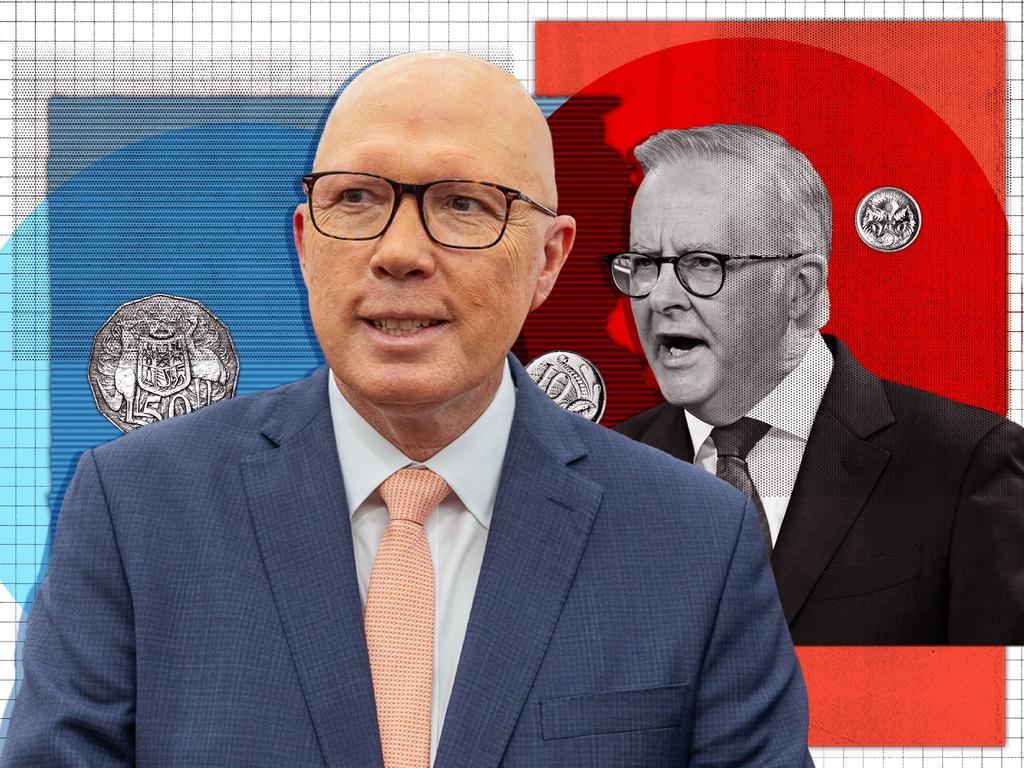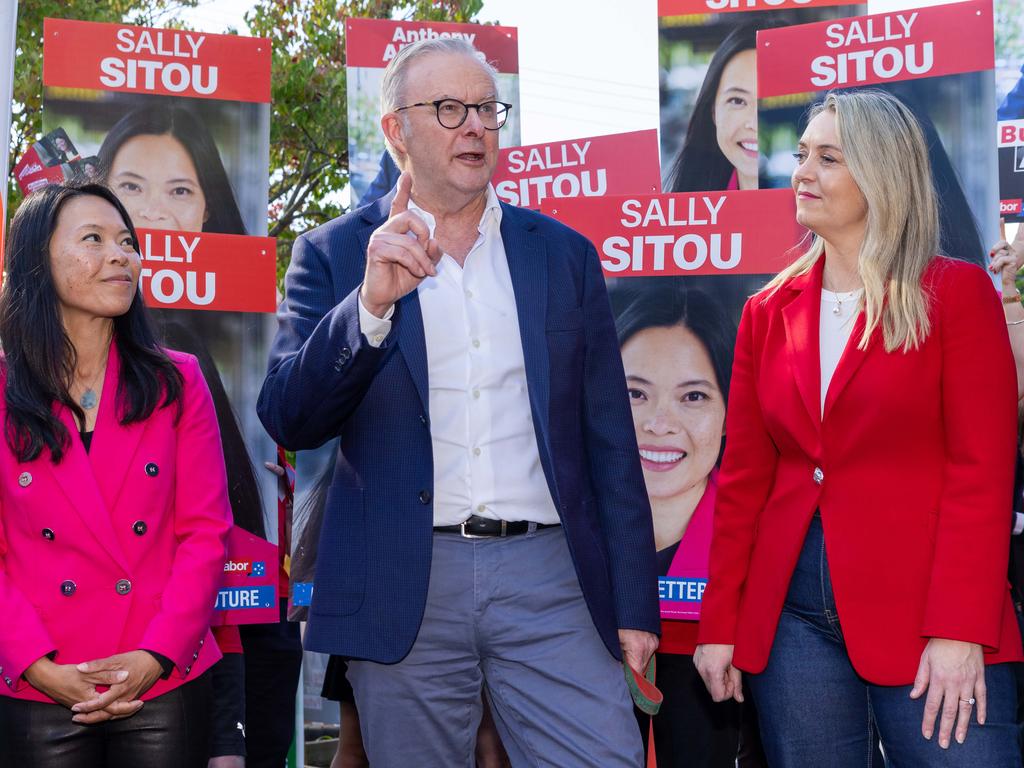Voters want their politicians with an Australian accent and ideas
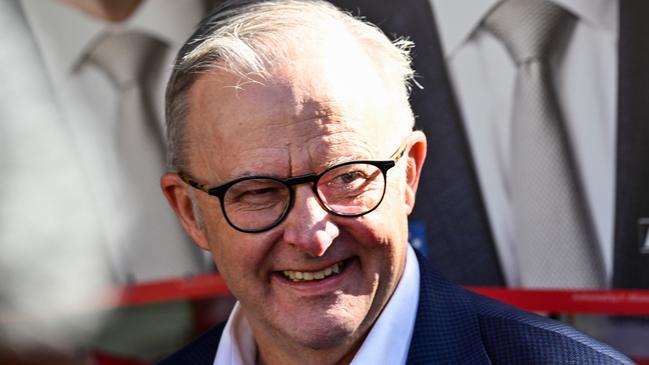
On Saturday, Australians comprehensively rejected every single aspect of the Coalition’s attempt to win government.
The Coalition parties didn’t just shoot themselves in one foot, they shot themselves in both feet, arms and torso – it was a total bloodbath.
In what will now be known as the worst election campaign in Australian history, the Coalition failed to sell a single policy to Australians and paid the ultimate price.
In Victoria, seats heavily targeted by the Liberals, including Aston, Deakin, Menzies and McEwen, all went to Labor – some dramatically, particularly the loss of Liberal MP Keith Wolahan, who was one of the party’s best backbenchers.
He is someone I have high respect for and who, I believe, the Liberals could have built a more centrist party around.
Kudos must be given to Anthony Albanese and to ALP national secretary Paul Erickson for running a tight ship throughout the whole election.
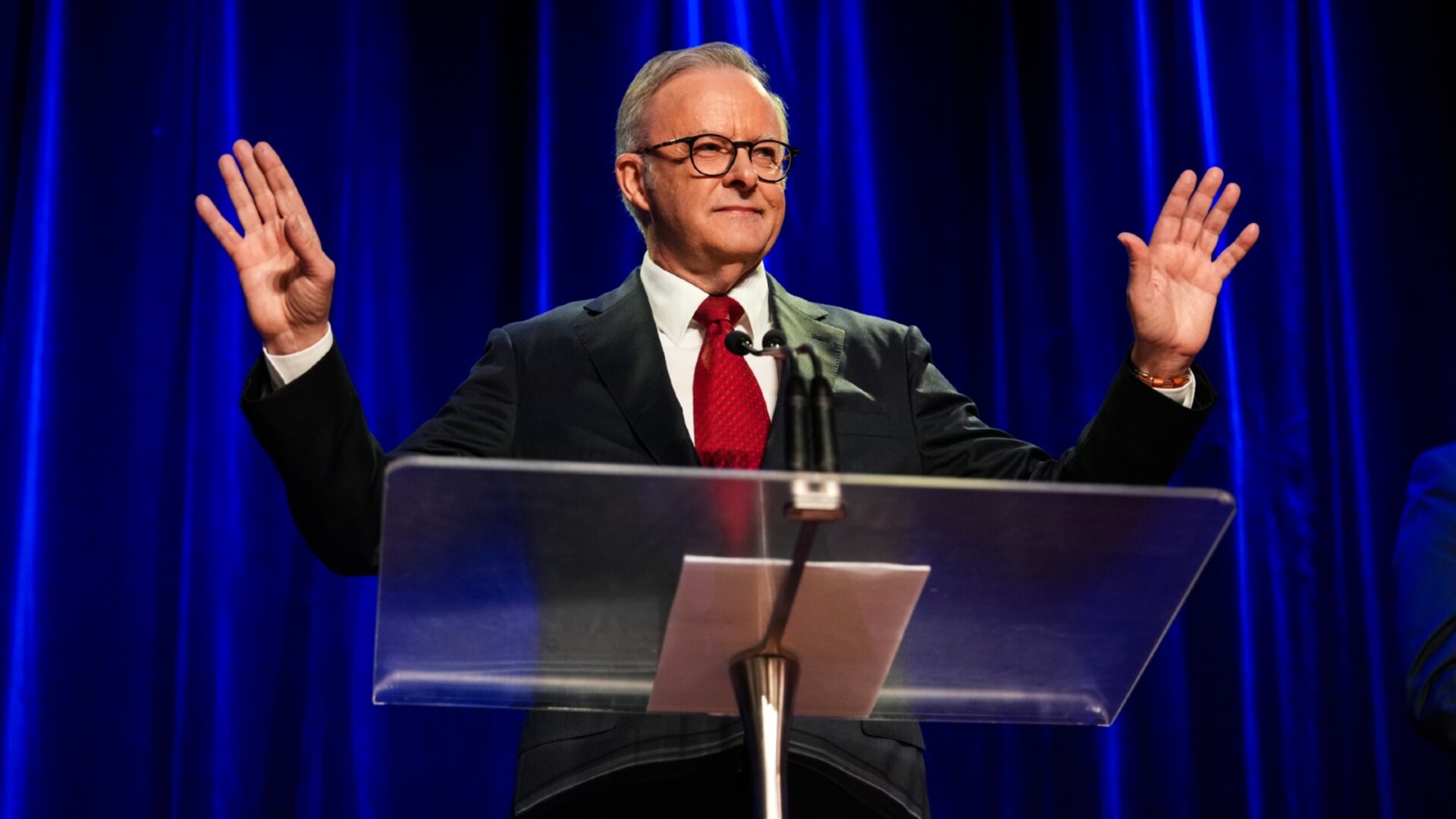
Even when Labor was in the polling doldrums at the end of last year, the Prime Minister stuck to his guns.
He had a plan to win seats, not just to hold ground. And he was right. And to my former colleagues in the Labor caucus, they maintained their iron discipline they have exhibited since May 2022.
Australians also outright rejected the feral scaremongering the Greens piled on.
The party’s projected wipeout in Queensland, and the fact that Greens leader Adam Bandt, a very tough campaigner, is hanging on by a knife’s edge in Melbourne, is testament to that.
I’m pleased to see the warrior from Wills, Peter Khalil, is hanging on despite the ugliest campaign by the Greens and their far-left allies that I’ve ever seen.
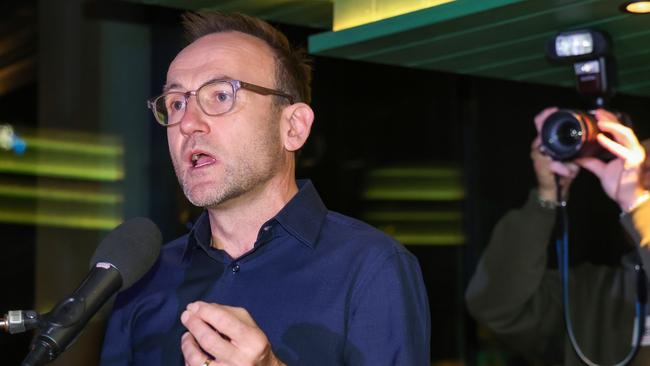
Watching the election from outside the bubble for the first time in nearly 20 years was like an out-of-body experience for me, but as the two campaigns rolled out there was never a doubt in my mind Labor would not win.
The cost of living was the key election issue and the Coalition hoped for a grievance election based on an opinion poll of the government.
Once Donald Trump’s shadow loomed people wanted to know who had the better plan.
In my opinion, the moment Peter Dutton flirted with Trump, he completely misread the Australian identity, which instinctively recoils from extremism from the far left and far right.
Like our great mates in Canada, Australians voted to reject any semblance of a Trump-esque (or Trumpet) style of government.
People wanted a safe option and Labor offered stability writ large.

The Coalition did not have a single alternate policy and this was glaringly exposed when it was forced to drop its Trump-style strategy within weeks of the campaign beginning. The cringe-worthy moment Dutton’s “Department of Government Efficiency” elect, Jacinta Nampijinpa Price, donned a MAGA cap should have been the moment every newspaper editor in Australia knew the election result was a fait accompli.
It was a campaign that exposed how far removed the Coalition is from modern Australia. In what can only be described as the bizarre revival of Soviet economics, the Coalition was going to create a nuclear industry based on government ownership of the means of energy production. This contradicted core free-market values. It didn’t just have a hole in its finances, it dug quarries with its own financial recklessness.
Rather than reaching out to help Australians battling the cost of living, the Coalition went on the attack.
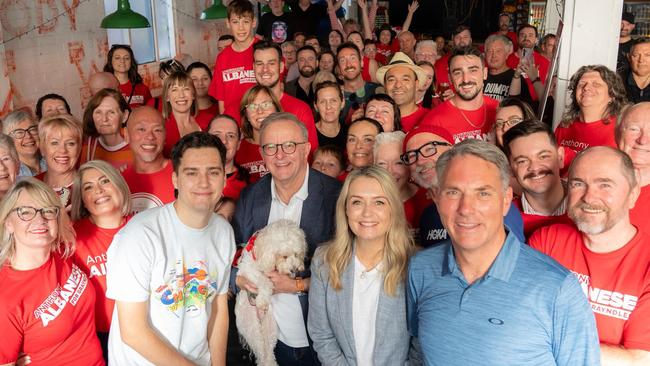
The scare campaign on people who work from home, which is a major factor for women and families, was embarrassingly wrong-footed and chauvinistic. But it also showed that not having to pay for extra tolls and childcare is a strategy families use to help ease cost-of-living pressures and manage mortgage stress.
Everyone – from immigrants, Chinese-born Australians, people born after 1981, women and people who have any connection with the public service in this country – was targeted for existing.
There was nothing in it for young people to vote for the Coalition – climate change wasn’t addressed and there was no help offered to pay off university debts. In fact, to my amazement, the Coalition was going to scrap the $300 prac payments for people studying nursing at the University of Canberra and other universities.
The Liberals also have a problem with people who live in metropolitan Australia, which doesn’t leave them with a lot of votes left to win. At the end of the day, the buck stops with the party and the Liberals got everything wrong this time round, not just Dutton.
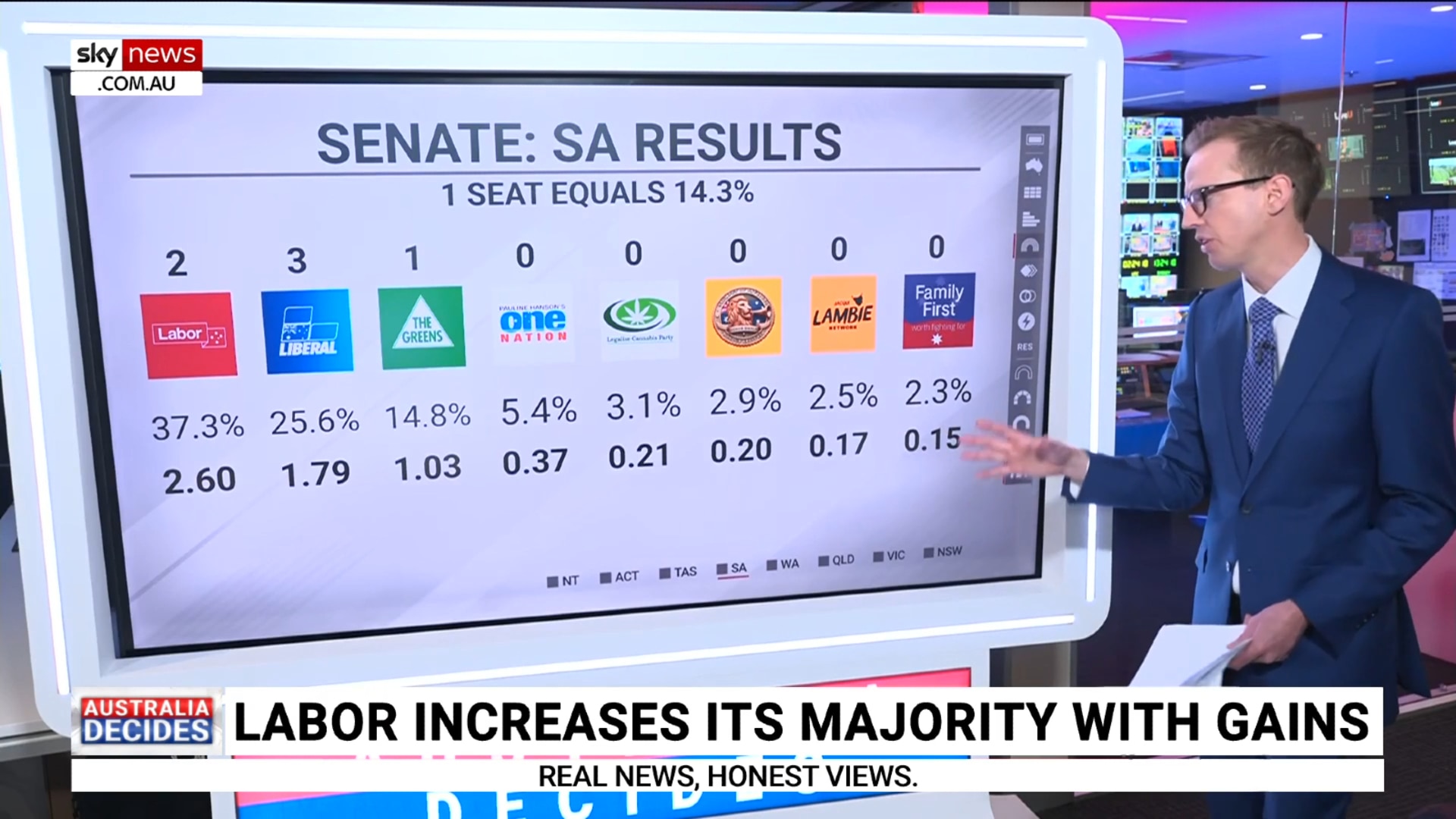
He did make a lot of mistakes, but, on a personal note, it’s important for him to remember people were voting for Peter Dutton as opposition leader, not Peter Dutton the human being.
When he goes home to see his family, he needs to take that armour of opposition leader off and realise that all the slings and arrows coming at him are about what people see in his job, and he can’t afford to take it personally.
He needs to rebuild and reconstruct himself, and he cannot afford to let his job as opposition leader define the bloke he sees in the mirror, otherwise he’ll go crazy.
Ultimately, the result shows us that Australia is a centrist country and Labor has no competition in the middle right now. It’s in the best interests of the Liberal Party, and Australia, for it to move to the centre.
On a final, positive note, as I stood in the queue to vote as an ordinary citizen, I marvelled at the fact that right around Australia 18 million people turned up to vote peacefully, which shows, despite all our moans about politics and politicians, we are doing something right in this country.
Bill Shorten was the leader of the Labor Party from 2013 to 2019. He is vice-chancellor and president of the University of Canberra.

